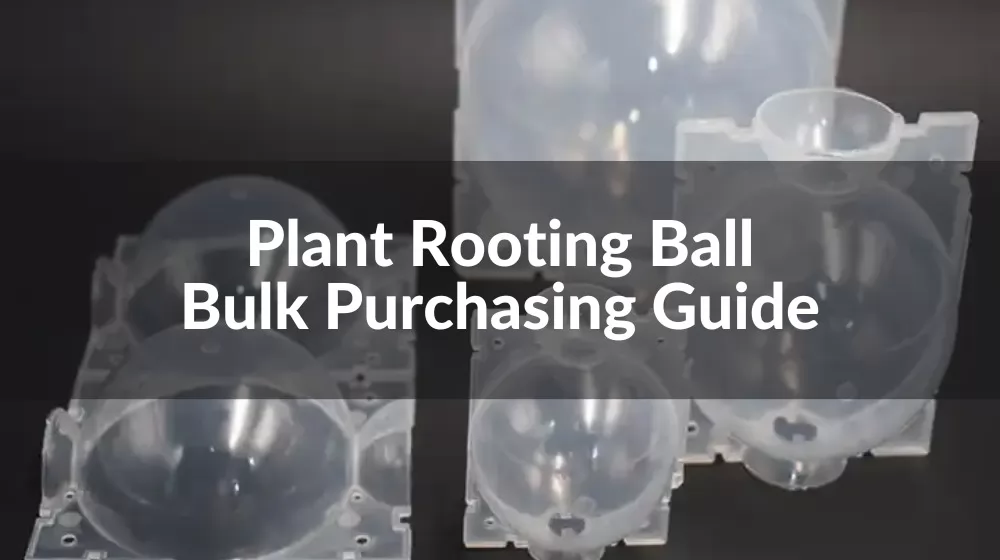
Welcome to the Ultimate Guide on Plant Rooting Balls! In the fascinating world of gardening and agriculture, the advancement and efficiency offered by plant rooting balls have become indispensable. Whether you’re an expert gardener, a large-scale agriculturist, or a curious beginner, understanding the nuances of plant rooting balls is key to achieving thriving plant growth. This comprehensive guide dives deep into the essentials of plant rooting balls, covering everything from the basics to advanced considerations for bulk purchasing. Get ready to uncover the secrets of successful plant propagation with our expert insights!
Plant rooting balls, often a keystone in horticultural practices, are vital for anyone looking to advance their gardening or agricultural endeavors. These innovative tools are designed to enhance the rooting process of plants, ensuring a robust and healthy growth trajectory. For businesses, particularly those in the 2B sector, understanding the utility and application of plant rooting balls is crucial for making informed bulk purchasing decisions.
At the core of plant rooting balls is the principle of air layering – a method used to propagate new plants. By encapsulating a plant's stem in a nutrient-rich, moist environment, rooting balls stimulate root growth directly on the stem. This process not only accelerates plant growth but also ensures a higher survival rate, crucial for businesses looking to maximize efficiency and productivity in their plant cultivation practices.
Rooting balls come in various sizes and compositions, catering to a wide range of plant species and sizes. The adaptability of these tools makes them an indispensable asset in a diverse array of horticultural applications. For bulk purchasers, understanding the specific needs of their plants and the corresponding features of different rooting balls is essential for optimizing their investment and achieving desired cultivation outcomes.
Plant rooting balls, a revolutionary tool in modern gardening and agriculture, are designed to facilitate the propagation of plants. These spherical devices encapsulate part of a plant's stem, creating an ideal environment for root development. This method, known as air layering, allows roots to form directly on the stem, which can then be planted as a new, independent plant. Rooting balls make this process more efficient, user-friendly, and successful, especially for those looking to scale their gardening projects or agricultural production.
There are several types of plant rooting balls available, each designed to cater to different plant species and sizes. The most common types include biodegradable rooting balls, plastic rooting spheres, and gel-based rooting balls. Biodegradable variants are eco-friendly and merge seamlessly with the soil after use. Plastic rooting spheres are durable and reusable, making them a cost-effective option for continuous use. Gel-based rooting balls, on the other hand, provide a nutrient-rich medium, enhancing root growth for more delicate or demanding plant species. Understanding the unique features of each type helps in selecting the right rooting ball for specific gardening or agricultural needs.
Utilizing plant rooting balls in gardening offers numerous benefits. They significantly increase the success rate of plant propagation, ensuring healthier and more robust plant growth. This method also allows for the faster development of roots, which is crucial in commercial gardening and agriculture where time is a critical factor. Furthermore, rooting balls minimize the stress on plants typically caused by traditional propagation methods, leading to higher survival rates. Their versatility and ease of use make them an excellent choice for both amateur gardeners and professional agriculturists, streamlining the process of expanding plant collections or crop production.
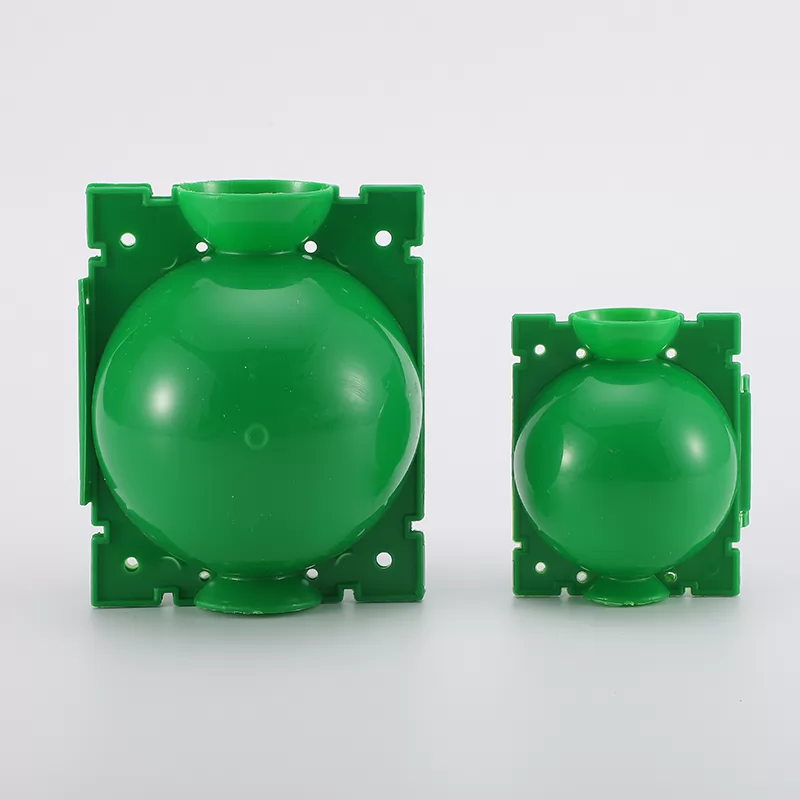
Before diving into the world of plant rooting balls, it's essential to assess your gardening or agricultural needs. Consider the types of plants you aim to propagate, the scale of your gardening project, and the environment in which you work. Different plants have varying requirements for root development and care. For instance, delicate ornamental plants may need a different approach compared to robust, fast-growing crops. Also, consider the space and resources available to you. This initial assessment will guide your decision-making process, ensuring you select rooting balls that align perfectly with your gardening objectives and conditions.
Selecting the right size and type of rooting ball is crucial for successful plant propagation. The size of the rooting ball should correspond to the size of the plant stem and the expected root growth. Smaller rooting balls are ideal for young or slender plants, while larger ones are better suited for mature or thicker stems. The type of rooting ball – whether biodegradable, plastic, or gel-based – depends on your specific plant's needs, as well as your environmental and economic considerations. Biodegradable rooting balls are great for a one-time, eco-friendly option, while plastic and gel-based variants offer longevity and enhanced nutrient support, respectively. Matching the right size and type with your plants ensures optimal root development and plant health.
Quality is paramount when it comes to selecting rooting balls. High-quality rooting balls ensure better air and moisture retention, which are critical factors in root development. They also tend to be more durable and effective in providing the necessary support for plant propagation. Opting for inferior quality may result in poor root growth, lower plant survival rates, and ultimately, a waste of time and resources. When purchasing rooting balls, especially in bulk, look for products from reputable manufacturers that promise durability, efficiency, and plant compatibility. Investing in quality rooting balls not only enhances the propagation success but also maximizes the return on your gardening investments.
When it comes to sourcing rooting balls in bulk, finding a reliable supplier is key. A trustworthy supplier not only offers quality products but also ensures consistency and dependability in their supply chain. Start by researching the market for suppliers with good reputations, preferably those with positive reviews and testimonials from other businesses. Engage with industry forums and networks to gather recommendations. A reliable supplier should have a transparent business practice, provide clear product specifications, and be willing to offer samples for your evaluation. Building a strong relationship with the right supplier can lead to long-term benefits, including consistent quality and potentially better pricing terms.
In the digital age, purchasing rooting balls can be done either online or offline, and each channel has its pros and cons. Online suppliers offer convenience, a broader selection, and often more competitive pricing. They allow you to easily compare products, read reviews, and place orders at any time. However, the inability to physically inspect products before purchase and potential shipping costs are downsides. Offline suppliers, on the other hand, provide the advantage of direct product inspection and immediate procurement. Personal interactions can also lead to better negotiation and customized service. However, offline shopping may involve higher prices, limited selection, and the need for physical travel. Weigh these factors based on your specific needs and preferences to choose the best sourcing option.
Negotiating favorable terms is crucial when making bulk purchases of rooting balls. Start by clearly understanding your budget and requirements. When approaching suppliers, be upfront about your needs and ask for bulk pricing options. Don’t hesitate to seek quotes from multiple suppliers to ensure competitive pricing. Remember, negotiation isn't just about the lowest price but also about quality, reliability, and after-sales service. Consider asking for value-added services like faster shipping, extended warranties, or flexible payment terms. Building a good rapport with suppliers and expressing intent for long-term business can also work in your favor. Effective negotiation leads to cost savings and establishes a mutually beneficial relationship with your supplier.
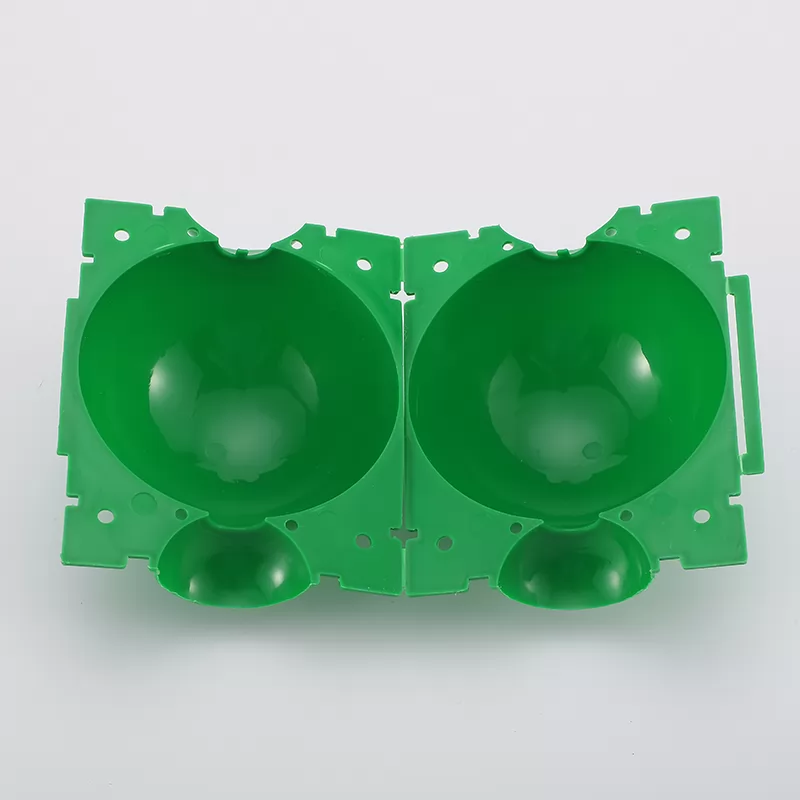
Grasping the pricing structures for bulk purchases of rooting balls is crucial for effective budgeting and decision-making. Bulk pricing often operates on a sliding scale, meaning the price per unit decreases as the quantity purchased increases. This pricing structure is designed to incentivize larger orders. It’s important to understand the different tiers and the corresponding price breaks. Suppliers may also offer different pricing for different types of rooting balls, based on material, size, and other features. Familiarize yourself with these nuances to better negotiate and understand how much you can save compared to individual purchases.
Conducting a cost-benefit analysis is key to determining whether bulk or individual purchases of rooting balls are more economical for your needs. Consider not only the immediate price differences but also long-term savings. Bulk purchases typically reduce the cost per unit, offering significant savings over time, especially for large-scale gardening projects. However, it’s important to consider storage and potential wastage. If you are unable to utilize all the rooting balls before they degrade (in the case of biodegradable types), the savings may be offset. Assess your usage rate, storage capacity, and the shelf life of the rooting balls to make an informed decision.
Budgeting effectively for your bulk purchase of rooting balls requires a balance between cost, quality, and quantity. Begin by establishing a clear budget that aligns with your gardening or agricultural objectives. Factor in the costs of different types of rooting balls, potential shipping fees, and any additional expenses such as storage. It’s also wise to allocate a portion of your budget for contingencies or unexpected costs. Consider the long-term benefits and potential return on investment when determining your budget. Remember, investing more upfront in higher-quality rooting balls can lead to better plant growth and reduced need for replacements, offering better value in the long run.
Effectively managing logistics and delivery is a critical aspect of bulk purchasing rooting balls. Coordinate with your supplier to understand their shipping methods, delivery timelines, and any potential logistical challenges. If possible, negotiate for delivery terms that best suit your operational schedule and storage capacity. It's also important to have a clear communication channel with the courier service to track your order and be prepared for its arrival. Consider factors such as the need for special handling equipment, the accessibility of your storage area, and the manpower required for unloading and storing the rooting balls upon delivery.
Proper storage is crucial when purchasing rooting balls in bulk. The storage environment should be conducive to preserving the rooting balls' quality. This might involve controlling factors like temperature, humidity, and light exposure, especially for biodegradable or gel-based rooting balls. Ensure that your storage space is sufficient to accommodate the bulk order without overcrowding, which can lead to damage or degradation. Consider using shelving units or pallets to keep the rooting balls off the ground, thereby preventing moisture accumulation and facilitating better air circulation.
Maintaining product consistency is essential in bulk orders of rooting balls. Variations in quality can significantly impact your gardening or agricultural outcomes. To ensure consistency, establish clear specifications with your supplier regarding the size, material, and quality of the rooting balls. Request samples before placing a large order to assess the product's quality. Regularly inspect deliveries upon arrival to check for any deviations from the agreed specifications. If inconsistencies are found, communicate them to your supplier promptly to resolve any issues and prevent future occurrences. Building a good relationship with a trustworthy supplier can also contribute to consistent product quality over time.
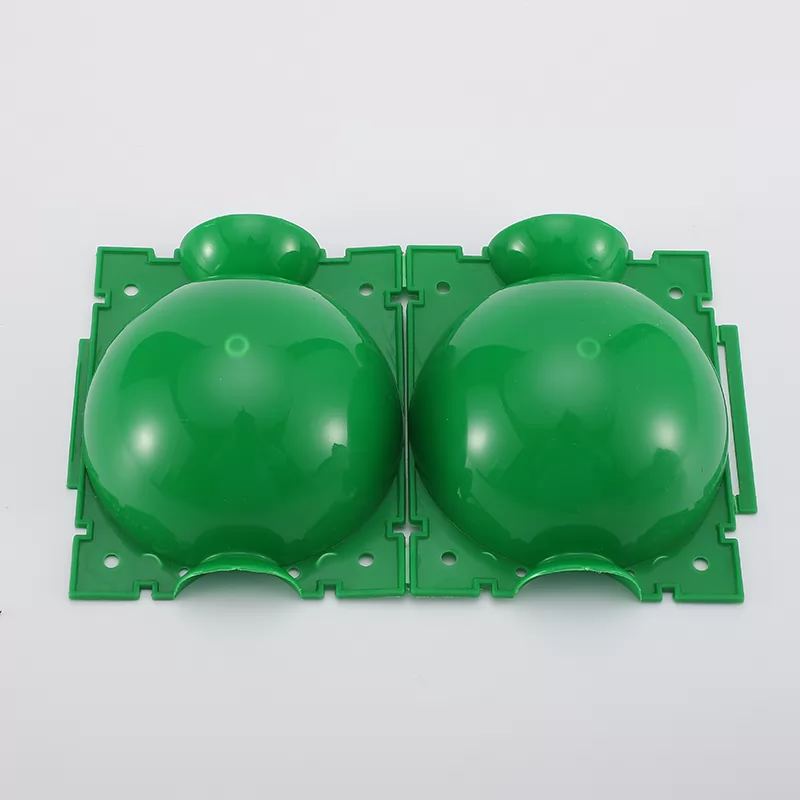
In an era where environmental sustainability is paramount, eco-friendly rooting ball options are gaining popularity. These rooting balls are made from biodegradable materials, such as natural fibers or compostable polymers, reducing the environmental impact after their use. They offer a guilt-free solution for gardeners and agriculturists who are conscious about their carbon footprint. Additionally, these sustainable options often integrate organic nutrients that further enrich the soil after degradation, thereby enhancing the overall health of the garden ecosystem.
The field of plant rooting ball technology is continuously evolving, with new innovations aimed at improving efficiency and success rates in plant propagation. Recent advancements include the development of rooting balls with built-in slow-release fertilizers, moisture-retaining materials, and even smart sensors that monitor and adjust internal conditions such as humidity and nutrient levels. These technological enhancements not only simplify the propagation process but also significantly increase the chances of successful plant growth, making them a worthy consideration for those looking to stay at the forefront of gardening and agricultural technology.
For gardeners and agriculturists with specific needs, customized rooting ball solutions offer a tailored approach to plant propagation. Suppliers are increasingly offering customization options where rooting balls are designed to meet the unique requirements of different plant species or specific environmental conditions. This could include custom sizes, specific nutrient compositions, or different types of biodegradable materials. Engaging with a supplier to develop a customized solution can be particularly beneficial for large-scale projects or when dealing with exotic or particularly challenging plant species, ensuring optimal growth conditions and maximizing the success rate of propagation efforts.
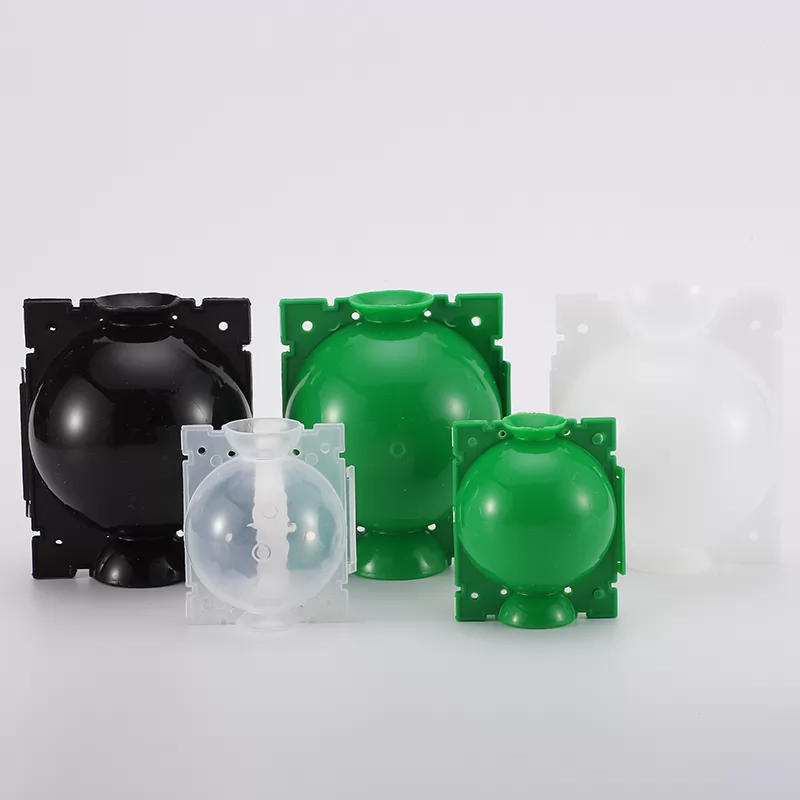
Proper storage of unused rooting balls is essential to maintain their efficacy. Store them in a cool, dry place away from direct sunlight and extreme temperatures. If they are biodegradable, ensure that they are kept in an environment that minimizes premature degradation. For plastic or gel-based rooting balls, avoid areas with high humidity that could lead to mold or fungal growth. Ideally, rooting balls should be stored in their original packaging or an airtight container to protect them from environmental factors. Regular checks for any signs of damage or degradation can help in ensuring that they remain in good condition for future use.
To effectively utilize rooting balls, it’s important to match the rooting ball type to the specific needs of the plant. Ensure that the size of the rooting ball is appropriate for the stem diameter. When using, maintain the right balance of moisture and air within the rooting ball, as this is crucial for root development. For gel-based or nutrient-infused rooting balls, follow the manufacturer’s instructions to maximize benefits. Regular monitoring of the rooting process can help in making timely adjustments, such as adding water or adjusting positioning, to ensure successful propagation.
Common issues with rooting balls include inadequate root development, mold growth, or premature degradation. If roots are not developing as expected, check for proper moisture levels and ensure that the plant is receiving adequate light and warmth. If mold or fungus appears, it may be due to excessive moisture or poor air circulation. In such cases, adjust the environment or consider using a different type of rooting ball. For biodegradable rooting balls, premature degradation can be a concern; ensure they are stored correctly and not exposed to conditions that could accelerate decomposition. Understanding and addressing these common issues can significantly improve the success rate of your plant propagation efforts.
As we conclude our extensive journey through the world of plant rooting balls, it’s clear that these tools are more than just a gardening accessory; they are a pivotal part of modern horticulture. For those looking to embrace these advancements in a big way, Linkwin, a leading Chinese manufacturer and wholesaler of plant rooting balls, stands as your ideal partner. Offering a wide range of high-quality, innovative rooting solutions, Linkwin is dedicated to enhancing your gardening and agricultural projects. Discover more about how Linkwin can transform your horticultural endeavors by visiting www.agriculturaltool.com. Join us in pioneering a greener, more efficient future in gardening and agriculture.
The shelf life of plant rooting balls varies depending on the type and storage conditions. Biodegradable rooting balls generally have a shorter shelf life, usually around 1-2 years, as they are designed to break down over time. Plastic and gel-based rooting balls can last much longer, often several years, if stored properly in a cool, dry place. Always check the manufacturer's guidelines for specific shelf life information and inspect stored rooting balls regularly for any signs of degradation.
High-quality rooting balls are characterized by their durability, effective air and moisture retention, and suitability for the intended plant species. Look for rooting balls that are well-constructed and free from defects. The material should be robust yet flexible enough to accommodate plant growth. Additionally, check for any certifications or endorsements from horticultural organizations, as these can be indicators of quality. Reading reviews and seeking recommendations from experienced gardeners or agriculturists can also guide you towards high-quality products.
The reusability of rooting balls depends on their type. Plastic rooting balls are often reusable, as long as they are cleaned and disinfected between uses. This makes them a cost-effective and environmentally friendly option. Biodegradable rooting balls, by their nature, are not reusable as they break down after use. However, they contribute to soil health, adding an element of sustainability. Recycling options vary depending on the materials used and local recycling facilities. Always check with the manufacturer or your local recycling guidelines to determine the best way to dispose of or recycle used rooting balls.
With this comprehensive guide, readers will be well-equipped to make informed decisions about bulk purchasing plant rooting balls, ensuring the best value and effectiveness for their gardening projects. Whether you are a seasoned horticulturist or new to the world of gardening, understanding these key aspects of plant rooting balls will significantly contribute to the success and efficiency of your plant propagation endeavors.




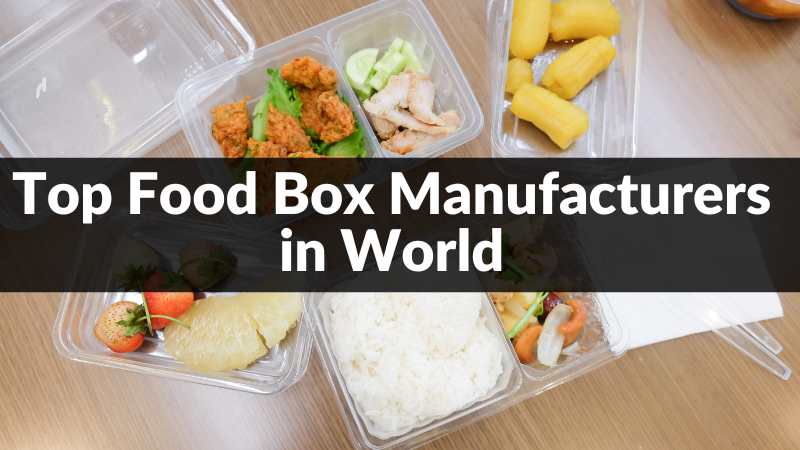

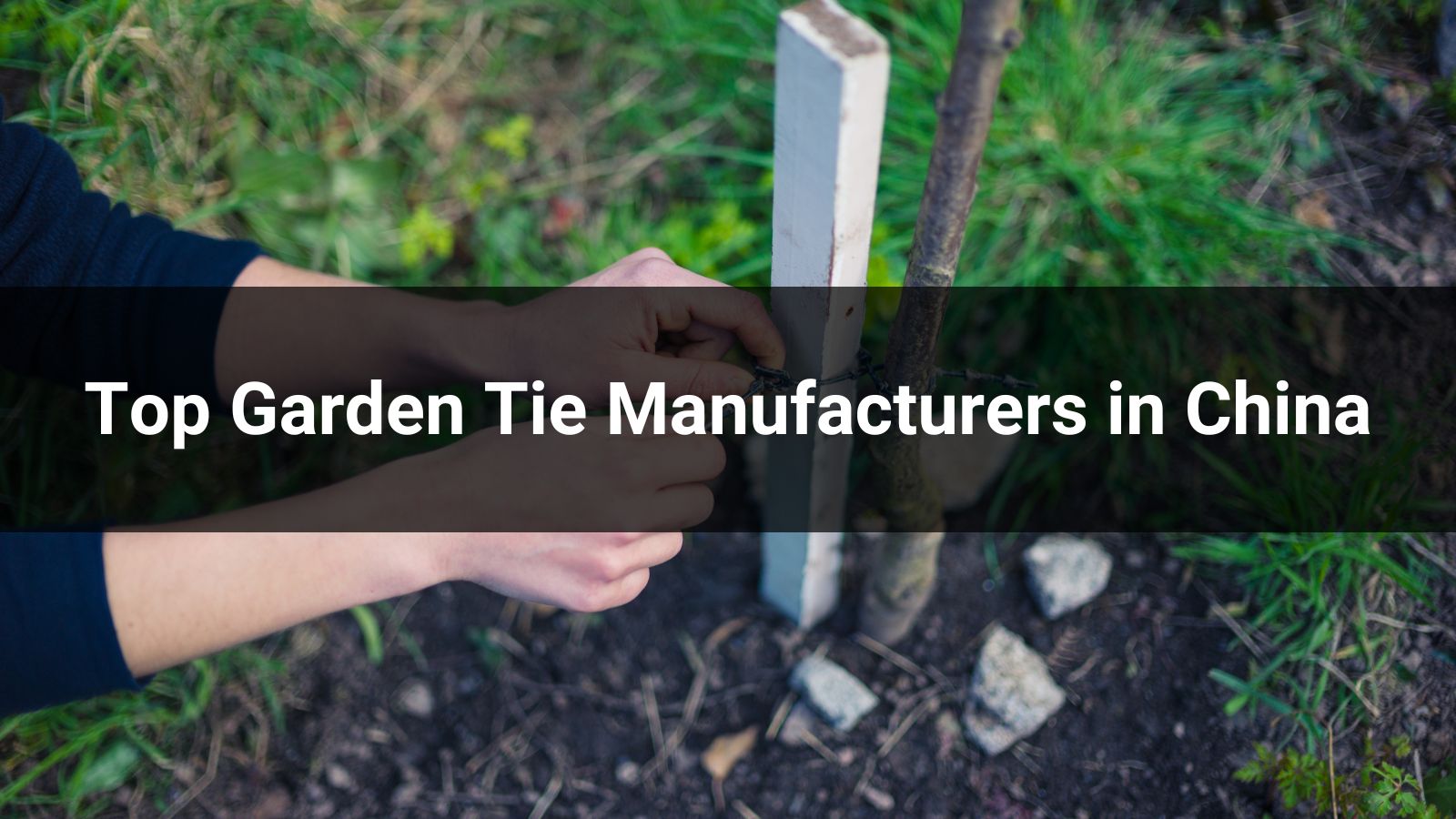

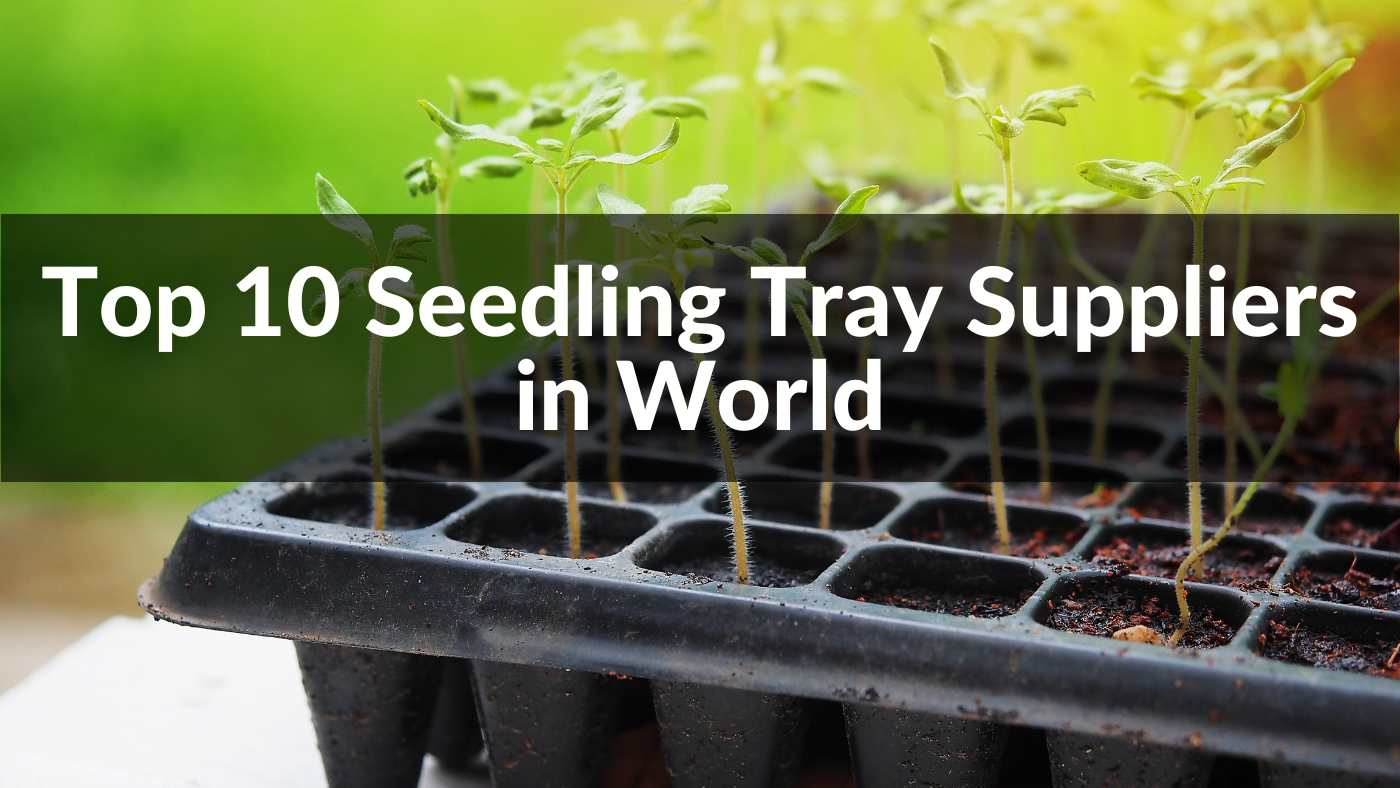


We use cookies to make the website work, to provide advanced features, social media and traffic analysis, and we use analytics and third-party advertising cookies. If you choose to click "Deny All", you will retain the default setting of not allowing the use of cookies or other tracking tools other than technical tools.

